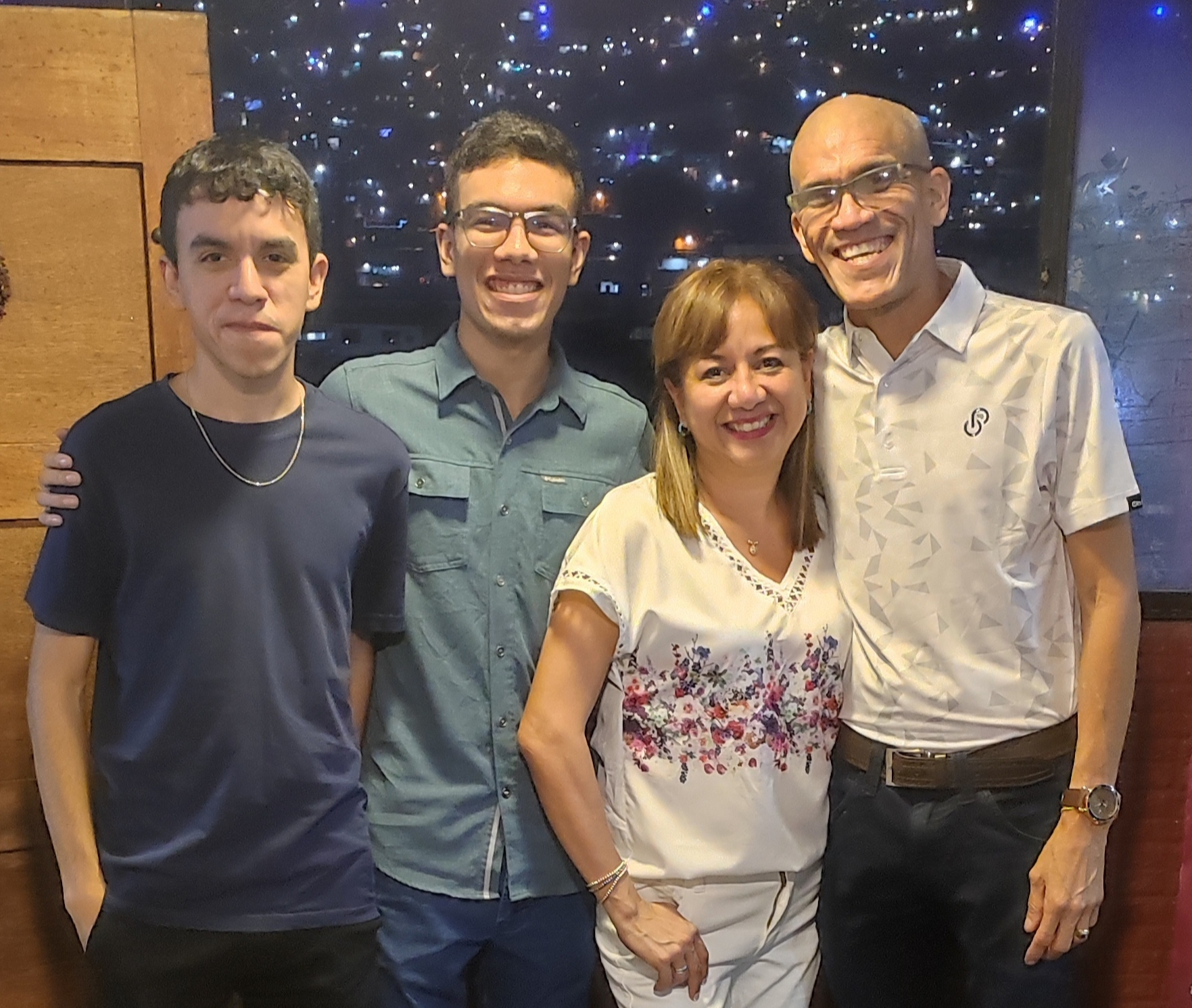South American families push government to process humanitarian applications
South American families push government to process humanitarian applications

Colombian and Venezuelan diasporas in Ontario are pushing the federal government to process applications for a family reunification program that were submitted before the deadline but are now being rejected due to space limitations. Advocates say at least 600 families are being affected.
Some of the actions they’ve taken have included a campaign through Change.org, letters to Members of Parliaments, tracking the rejected cases, and contacting ethnic media to spread their voices.
The Family-based Humanitarian Program to admit 11,000 immigrants from Colombia, Haiti, and Venezuela who have family in Canada was launched last November. Hundreds of applicants sent their papers before the Dec. 30 deadline.
But at the beginning of this year, many of them began receiving emails saying their applications wouldn't be processed because the cap had been reached before the closing date.
“These individuals invested significant time, energy, and financial resources in preparing their applications, only to be turned away, causing a toll of emotional distress and confusion among our community,” reads the Change.org petition, which has 3,124 signatures as of time of writing.
Confusing process
According to messages in Telegram and WhatsApp groups created by Claudia Montoya, a settlement advisor helping some of the applicants, many of them have reported being confused by IRCC communications. Others say they have had difficulty meeting some of the requirements, like only having 45 days to gather documents in places like Venezuela and Colombia, where it can be difficult and expensive to do so.
Fabiola Gomez, from Venezuela, had been asked by Immigration, Refugees and Citizenship Canada (IRCC) to send additional documentation. Her sister Mariela, an Oakville resident, says Fabiola “sent it the same day, within the established period.”
But within weeks, says Mariela, she would receive an “email notification that her application won't be processed.”
Yaneri, a third sister also in Canada, wrote a letter to Oakville MP Anita Anand asking for help finding out the status of the application. Anand responded saying that when Fabiola had sent the latest documents, Immigration had created a new application that remains active and awaiting review.
Other applicants mentioned being asked to update legal documents, but being unable to access IRCC’s system to do so. Others say they were asked for documents like proof of military service that weren’t in the initial requirements.
Luz Lopez, a permanent resident in Mississauga originally from Colombia, helped her sister Lizeth with her application. On Nov. 29, she received a notice from IRCC saying that one document was missing. They believed it was the Colombian ID, so they sent that. Later, they would receive a subsequent email saying “incomplete document.”
“We didn’t understand what the error was until we found out they were asking for my Ontario ID. We sent it on time, but on February 28th we received a notice rejecting the application,” Luz Lopez said.
The affected families describe this process as confusing because even though the IRCC website states the government is “assessing the ones that have already been submitted,” applicants continue receiving rejection emails.
Montoya sent a message to Immigration Minister Marc Miller demanding that all applications that met the Dec. 30 deadline, be “properly honoured and processed.”
“There is concern among many constituents that the government is not following the stated process outlined on the IRCC website,” Montoya said in an interview with The Essential.
While recognizing the government's efforts to facilitate family reunification, Montoya continues asking Miller “to uphold your review policy."
‘Uncertainty and frustration’
Montoya says of the nearly 2,000 individuals who have joined the Telegram and WhatsApp groups, at least 600 have received rejection letters.
“There has been inconsistency in this process, and communication has not been clear. This has generated uncertainty and frustration,” she says.
Montoya is tracking the rejected cases and sending letters to MPs such as Transport Minister Pablo Rodriguez, MP Julie Dzerowicz, and Senator Rosa Galvez, who share a Latin American background and have supported events in this community.
Noting the Latin background of Dzerowicz, whose mother is Mexican, the families asked her to represent them before the government and support their request to process the applications.
In an email statement, IRCC spokesperson Julie Lafortune said all applications are considered on a “case‑by‑case basis, based on the information the applicant has provided in their application.”
She said applicants “are told the reason for the return, and welcomed to resubmit their applications,” but did not address why some applicants have reported not being able to upload new documents even before the Dec. 30 deadline.
When asked if the humanitarian pathway could be extended given the current political crisis in Haiti, Lafortune said that “program intake caps and/or expiry dates are a standard practice in public policies.”
Hopeful
Despite all this, Mariela Gomez doesn’t lose hope of being reunited with her sister, Fabiola.
“The solidarity with our petition gives me strength,” she says, noting that the “humanitarian program is the best option for our families who were left behind.”
In a similarly emotional tone, Luz Lopez continues pleading with the government to review the completed applications that were submitted on time.
"My sister and I are very close. She is still in Colombia, and we know it is an unsafe country.”
Please subscribe to The Media Co-op's newsletter!


